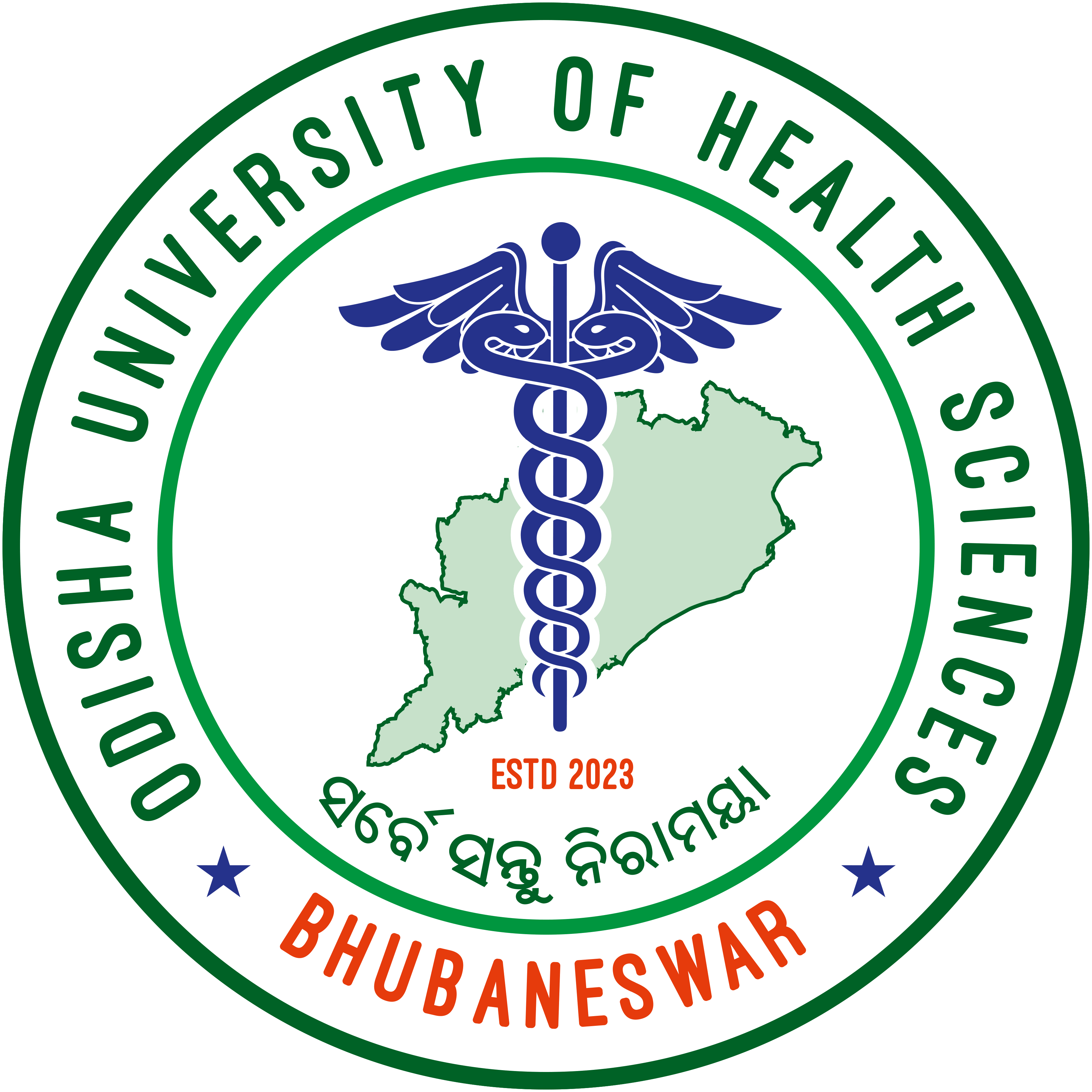The landscape of medical research in India is evolving rapidly, but the research output from the state of Odisha has, until now, remained alarmingly low compared to many other states. Despite the academic prowess and professional competence of our medical faculties, a significant gap exists in cultivating a culture of research and publication. While our healthcare professionals diligently perform their duties with skill and care, the belief that one’s work need not be published to be effective or acknowledged has long been ingrained. However, this mindset is increasingly at odds with the demands and opportunities of modern medicine and academia.
In this inaugural issue of the Journal of Odisha University of Health Sciences, we take an important step toward fostering an environment where research is not just encouraged but actively nurtured and celebrated. It is essential to acknowledge that the value of research and publication goes far beyond mere recognition. By publishing in reputed national and international journals, we do not simply share our findings with the world; we validate our contributions to the broader medical community, receive feedback that sharpens our skills, and, most importantly, influence the future of medicine.
The Need for a Cultural Shift
Traditionally, the focus in many medical institutions, including those in Odisha, has been on immediate tasks: patient care, teaching, and administration. The high demands of clinical work often leave little time or energy for research. However, this is beginning to change. We are witnessing a growing realization that academic output, particularly through research and publications, is a crucial measure of an institution’s success and global standing. This shift is essential not just for the advancement of individual professionals but for the state’s medical community as a whole.
The first step toward achieving this transformation is recognizing that research is not an ancillary activity but a cornerstone of academic medicine. We must dispel the myth that a good clinician cannot also be a good researcher, and vice-versa. In the past, there may have been an unspoken assumption that as long as healthcare professionals fulfilled their clinical and teaching roles effectively, they were performing their duties adequately. However, as medical science advances, it becomes increasingly clear that innovation, research, and evidence-based practices are essential to improving patient care and healthcare delivery. Publications in peer-reviewed journals allow our discoveries and clinical outcomes to reach a larger audience, both nationally and globally.



